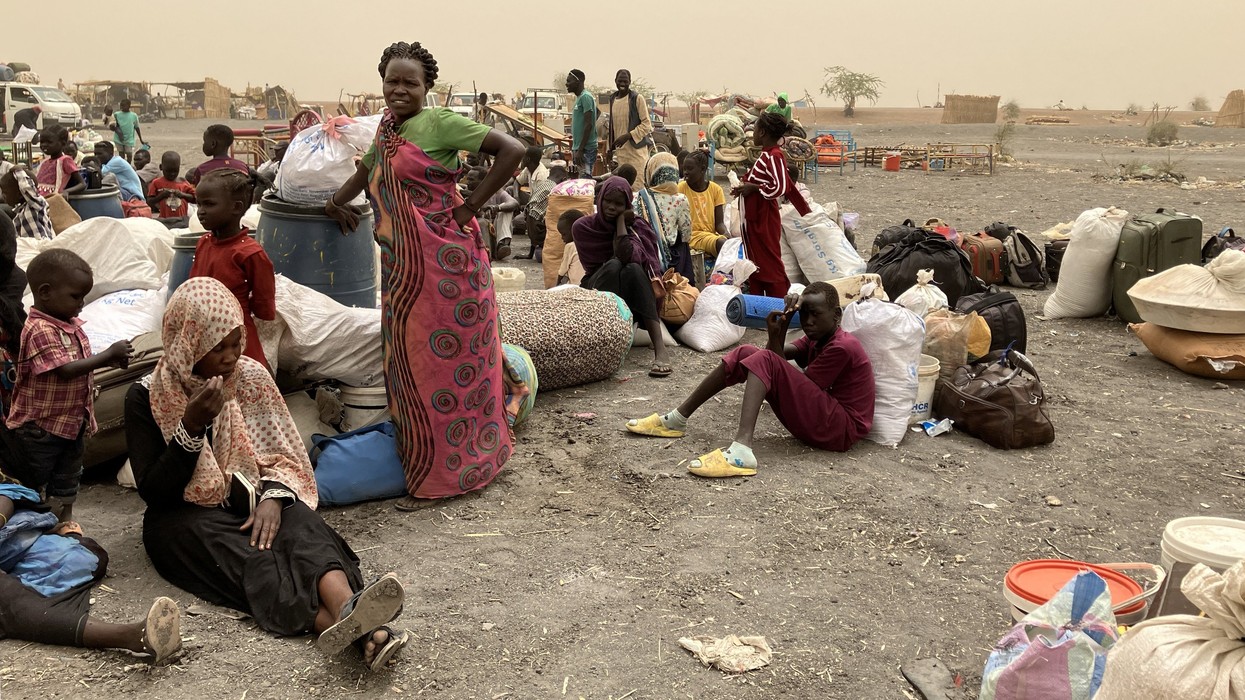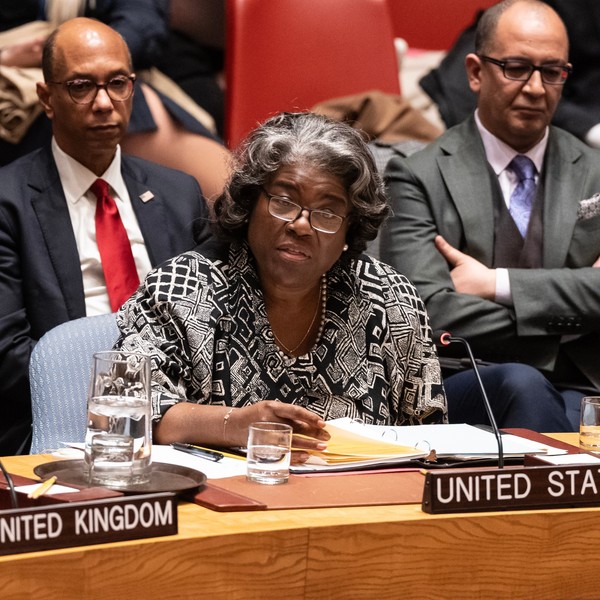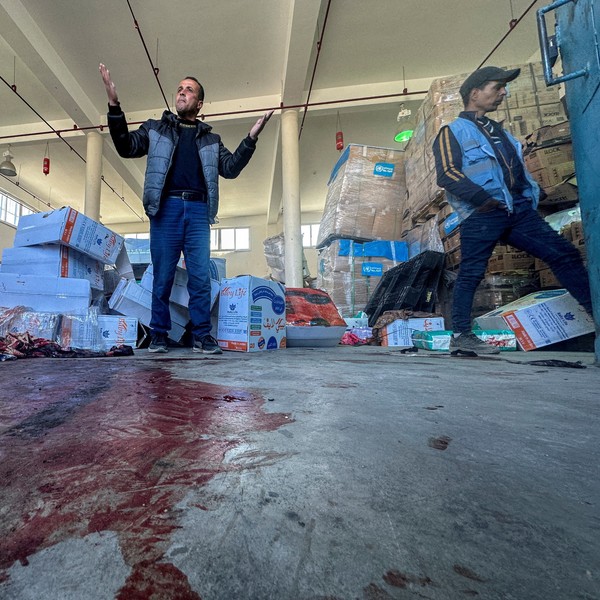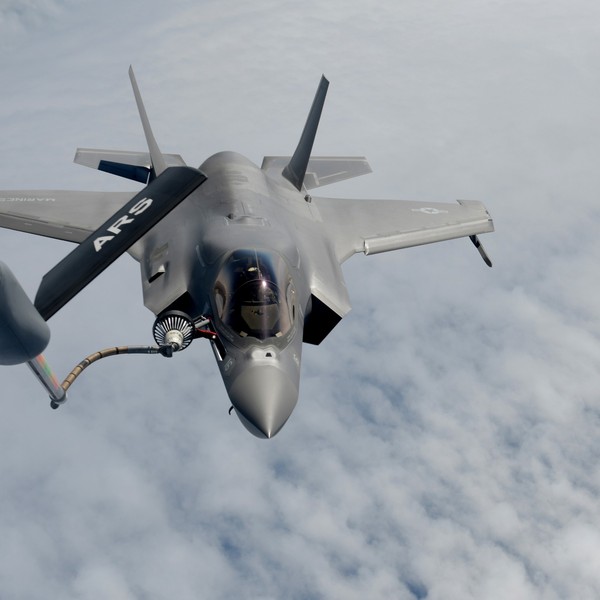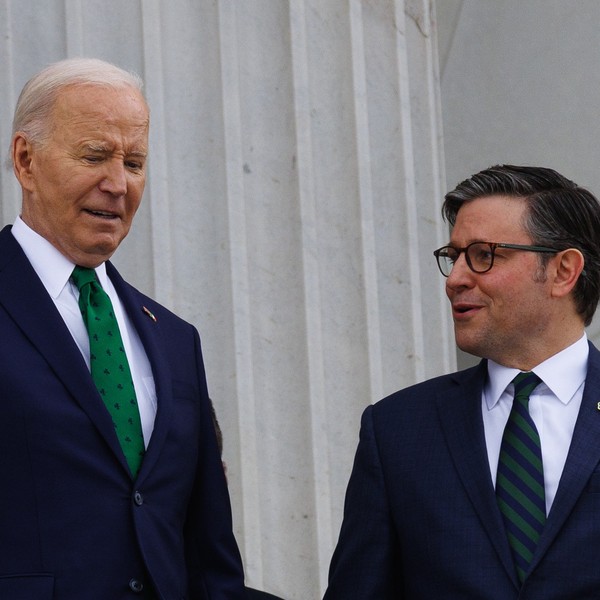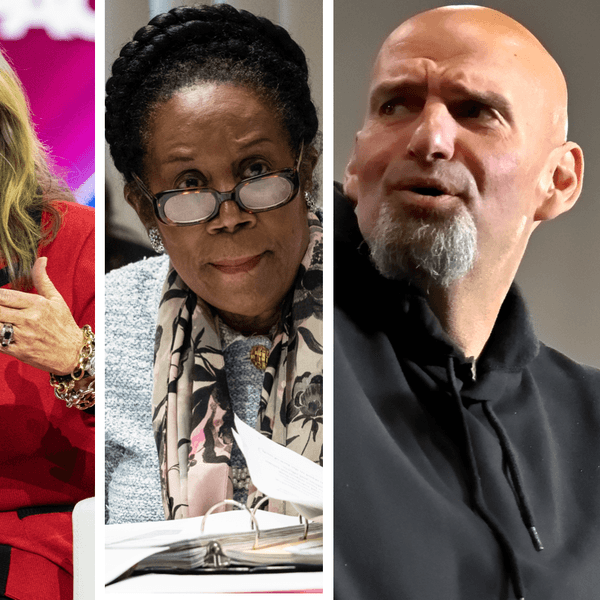The American Israel Public Affairs Committee’s announcement late last year that it would launch a super PAC, the United Democracy Project, and endorse candidates sent shockwaves through foreign policy and advocacy communities.
AIPAC had long refrained from engaging in electoral politics, preferring instead to lobby members of Congress to support maintaining Israel’s nearly $4 billion in annual military and other aid from the United States and to oppose diplomatic efforts to constrain Iran’s nuclear program.
But now that the super PAC is active, raising over $27 million, and running ads to support or oppose Democratic primary candidates for the 2022 midterms, it’s becoming clear what UDP’s fundraising and spending strategy is: raise money from hawkish Trump supporting GOP big donors and spend on ads to benefit Democratic candidates who won’t question U.S. policy towards the U.S.’s biggest foreign military aid recipient.
Curiously though, the ads paid for by UDP, affiliated with the largest pro-Israel group in the country, don’t mention the groups’ central issue: Israel.
That might be because AIPAC’s central issue, Israel, has remarkably little salience with U.S. voters. Polling conducted between 2010 and 2020 by the J Street, a Democratic Party aligned group often at odds with AIPAC on a host of issues including Iran nuclear deal and aid to the Palestinian Authority, reveals that Jewish voters — a demographic often expected to prioritize candidates’ views on Israel — place an extremely low priority on Israel-related issue in elections. In a decade of polling, J Street found that Israel was a top-two voting issue for between -four and ten percent of Jewish voters.
In June, AIPAC rankled Democrats and earned extensive coverage in Jewish American and Israeli news outlets by endorsing 37 Republicans who voted against certifying President Joe Biden’s election victory.
AIPAC defended its decision to endorse the candidates to Ron Kampeas at the Jewish Telegraph Agency. “As a single-issue organization, we remain focused on our mission of building bipartisan support in Congress to strengthen the U.S.-Israel relationship,” AIPAC spokesperson Marshall Wittman told Kampeas.
But AIPAC’s super PAC didn’t seem to get that message. Their ads don’t mention Israel, AIPAC’s “single-Issue,” and explicitly made an issue of the contested election in an ad boosting Michigan State Senator Adam Hollier. “When Donald Trump tried to throw out Detroit’s presidential vote, Adam Hollier fought alongside Governor Whitmer to stop him,” said an ad supporting Hollier in the August 2 Democratic primary for Michigan’s 13th district. Hollier lost the primary but the ad revealed the cynical opportunism behind AIPAC’s electoral strategy that leads the organization to endorse candidates who opposed certifying the election results while running ads promoting another candidate’s work to certify the election, all while avoiding mention of the “single issue” that qualifies candidates from both sides of the contested election to earn AIPAC’s support.
Last week, AIPAC PAC Director Marilyn Rosenthal and United Democracy Project CEO Rob Bassin answered questions about their electoral strategy from Jewish Insider. Rosenthal said their campaign work “is allowing us to clearly define who is and who is not pro-Israel.”
When asked about Israel not playing a significant role in AIPAC’s campaign messaging, Bassin responded, “I would just say about that, first of all, the issues that UDP has focused on have been the issues that are foremost on the minds of voters.”
“That being said, I think the views of the candidates on the U.S.-Israel relationship have been made clear on their websites and their position papers and in their voting records,” he added.
Perhaps the most telling aspect of UDP’s work has been where the group raises and spends its money. Two of UDP’s biggest individual funders are Home Depot co-founder Bernard Marcus and hedge fund manager Paul Singer. Both contributed $1 million to the UDP super PAC. Both are Trump backers and Republican Party megadonors, regularly contributing millions of dollars to Republican candidates in each election cycle. That’s in sharp contrast to where UDP spends its money: Democratic primaries.
UDP’s decision to influence Democratic primaries in order to defeat incumbents deemed inufficiently pro-Israel, with funds partially originating from Republican megadonors, while actively avoiding mention of the group’s organizing principle — “the belief that America’s partnership with our democratic ally Israel benefits both countries” — may be a symptom of the Democratic Party’s drift away from unconditional support for Israel.
The UDP did not respond to a request for comment about why their campaign ads avoid mention of Israel.
Only 0.5 percent of Democrats listed Israel as their first choice when asked to “[n]ame the TWO countries that you think are the most important allies of the United States today,” according to a University of Maryland survey conducted in March. Only 0.9 percent listed Israel as their second choice. (The most popular choices by Democrats were The United Kingdom and Canada.) Among Republicans, 20 percent listed Israel as their first choice selection and 9.3 percent listed Israel as their second choice.
With those starkly contrasting numbers, it’s clear that AIPAC has its work cut out for it in boosting its preferred candidates in Democratic primaries. Under the circumstances, it makes good sense to use Republican megadonors’ money and make no mention of Israel if AIPAC wants to raise money and effectively engage Democratic voters.

